Legal Online Gambling Age in Canada 2025
A critical aspect of Canada's gambling laws involves the age regulations, which vary across different regions. This page provides a comprehensive and impartial overview of legal gambling ages in places like Québec and Manitoba.
We'll explore age restrictions for various gambling types like casinos, lotteries, and online platforms, examining both federal and provincial laws. For Canadians and industry stakeholders, understanding these age-related laws is essential.
Related article
Record-Breaking Online Casino Wins in History
Gambling Horoscope 2025: Your Lucky Days
Online Casino Guide for Beginners
What is Canada's legal gambling age?
Where you play determines the legal rules in Canada. Typically, you must be 19 to enter a casino in most regions. For example, cities like Toronto and Ottawa enforce a 19-year age limit. However, in Montreal and Quebec, the limit is 18. Stay informed about local laws before visiting a casino.
Minimum Age
Most parts of Canada require you to be 19 to gamble in casinos, whether online or in person. However, in places like Quebec and Manitoba, the required age is 18. Always have ID ready to verify your age before you start gambling. Check our detailed legal age list below:
Find your local casino
In Montreal and other Quebec cities, the minimum legal gambling age is 18, unlike other regions requiring you to be 19. The provincial minimum ages are listed below:
| Province | Major Cities | Online Gambling Canada Age |
|---|---|---|
| Nova Scotia | Halifax, Sydney, Truro | 19 |
| Saskatchewan | Saskatoon, Regina, Prince Albert | 19 |
| British Columbia | Vancouver, Surrey, Burnaby, Richmond | 19 |
| Nunavut | Iqaluit | 19 |
| Northwest Territories | Yellowknife, Inuvik, Hay River | 19 |
| New Brunswick | Moncton, Saint John, Fredericton | 18 |
| Yukon | Whitehorse | 19 |
| Québec | Montreal, Laval, Gatineau, London | 18 |
| Ontario | Toronto, Ottawa, Mississauga, Brampton, Hamilton, London | 19 |
| Newfoundland and Labrador | St. John’s, Mount Pearl, Corner Brook | 19 |
| Prince Edward Island | Charlottetown, Summerside, Stratford in Prince Edward Island | 19 |
| Manitoba | Winnipeg, Brandon, Steinbach | 19 |
| Alberta | Calgary, Edmonton, Red Deer | 18 |
Different Gambling Types in Canada Explained
Canadian casinos are buzzing with world-class gambling activities. Here's a rundown on the gambling types you'll encounter across Canada.

Casino
Since online gambling became legal, casino offerings have flourished across provinces. As long as you're of age and choose a regulated platform, you can enjoy a wide variety of games, from slots to live dealer games.

Online Poker Games
Online poker is thriving in Canada, accessible on desktop and mobile. Players compete internationally in popular games like Texas Hold’em and Omaha. Both real money and play money options are available, safeguarded by stringent regulations.

Lottery
Sports betting is legal nationwide, with rules differing by province. Authorities like AGCO regulate betting, which includes markets for numerous sports and betting types. Online access and traditional sportsbooks ensure diverse betting opportunities.

Slot Games
Slot games are incredibly popular online, offering a mix of themes from classic to progressive slots. Canadian online casinos provide generous bonuses to enhance your gaming experience.
What about online gambling?
Online and land-based gambling run parallel in Canada, with government-approved licenses needed for operation. You no longer need to just rely on lottery tickets for a shot at the jackpot.
Although Europe has led the way, Canada's online casino market is rapidly expanding, growing bigger each day.
Do Online Casinos Verify Gambling Age?
Provincially regulated casinos rigorously verify ages 18/19 through KYC checks, often using third-party firms to maintain efficiency. While minors may use older identities, careful checks ensure compliance.
Land-based casinos find it easier to enforce identity checks than online counterparts, where stringent measures may feel intrusive. Nevertheless, online systems aim to strike a balance for transparency.
Digital Identity Tracker
With the Digital Identity Tracker, casinos efficiently verify player ages, ensuring only legal residents are allowed to play by checking submitted ID against records, including automatic credit card verifications.
Age verification is mandatory
Casino operators face legal consequences for failing to verify player ages but must balance compliance with competitiveness, as players might turn to less scrupulous rivals.
Despite regulations, issues arise when young players attempt withdrawals and discover their ineligibility. Minors cannot legally deposit, play, or win.
Conclusion
Canada's growing gaming sector has sparked debates around legal ages, with participation expanding across demographics. Online casinos, in particular, are driving revenue growth.
The convenience of online gaming appeals greatly to young adults aged 18 and 19, challenging policymakers to balance industry benefits with responsible gambling.
FAQ

